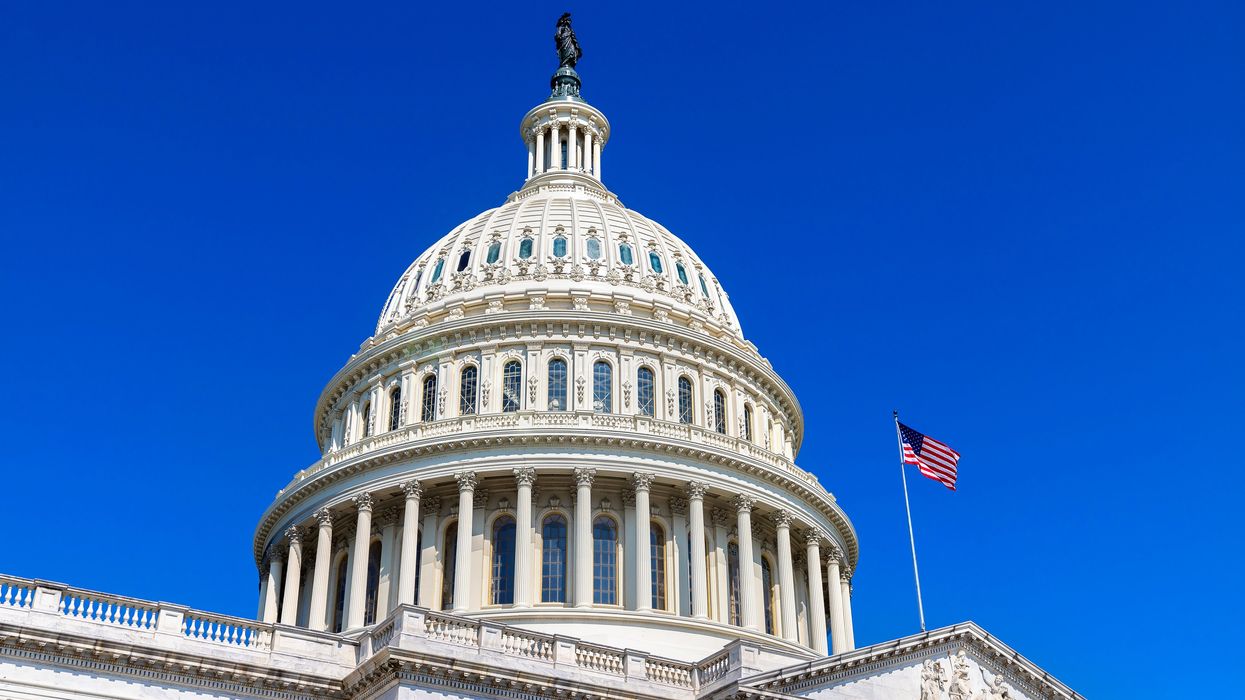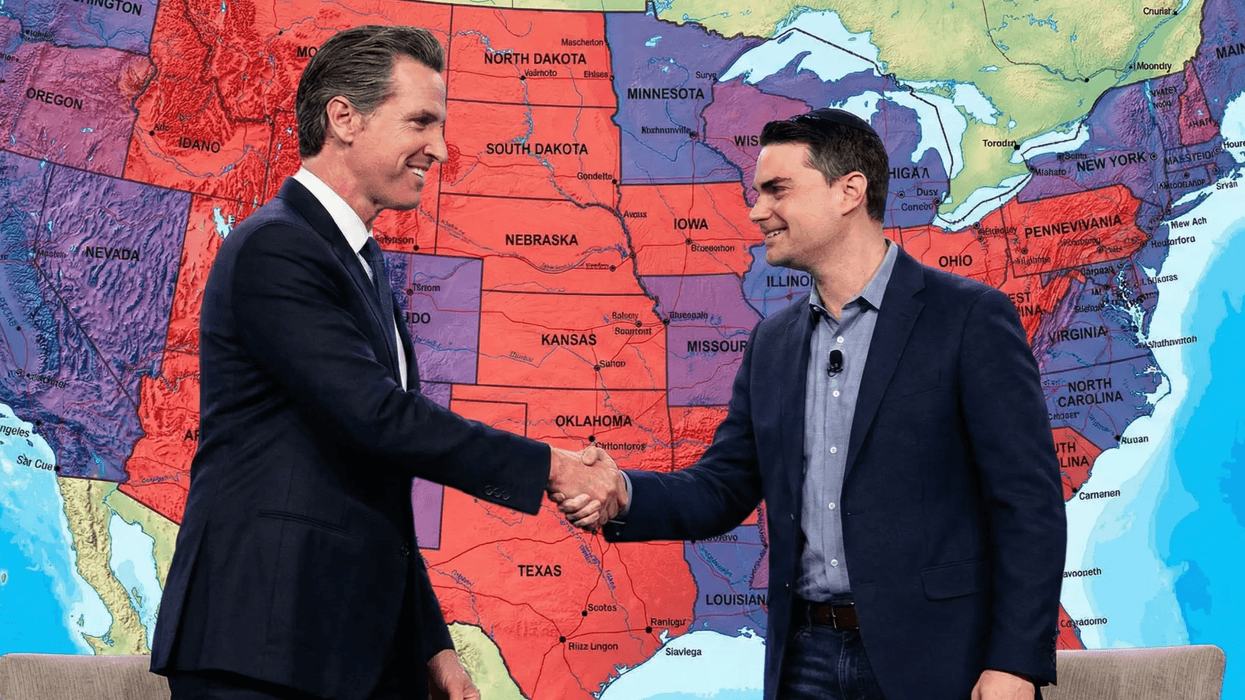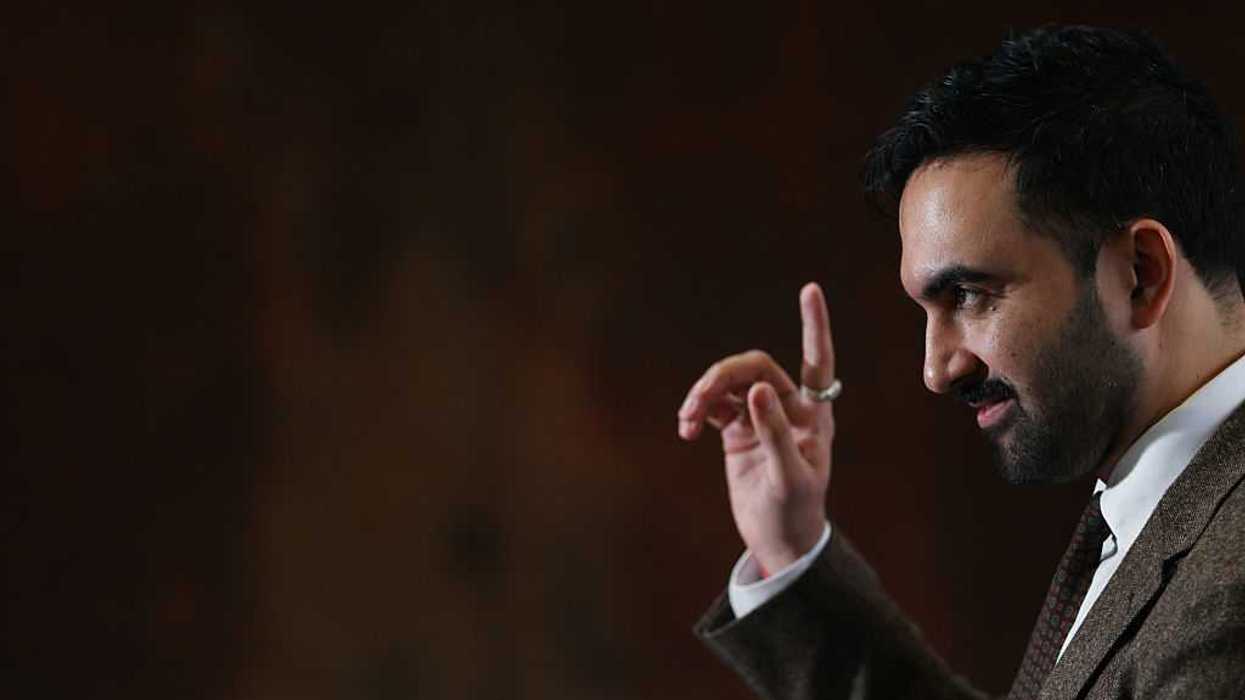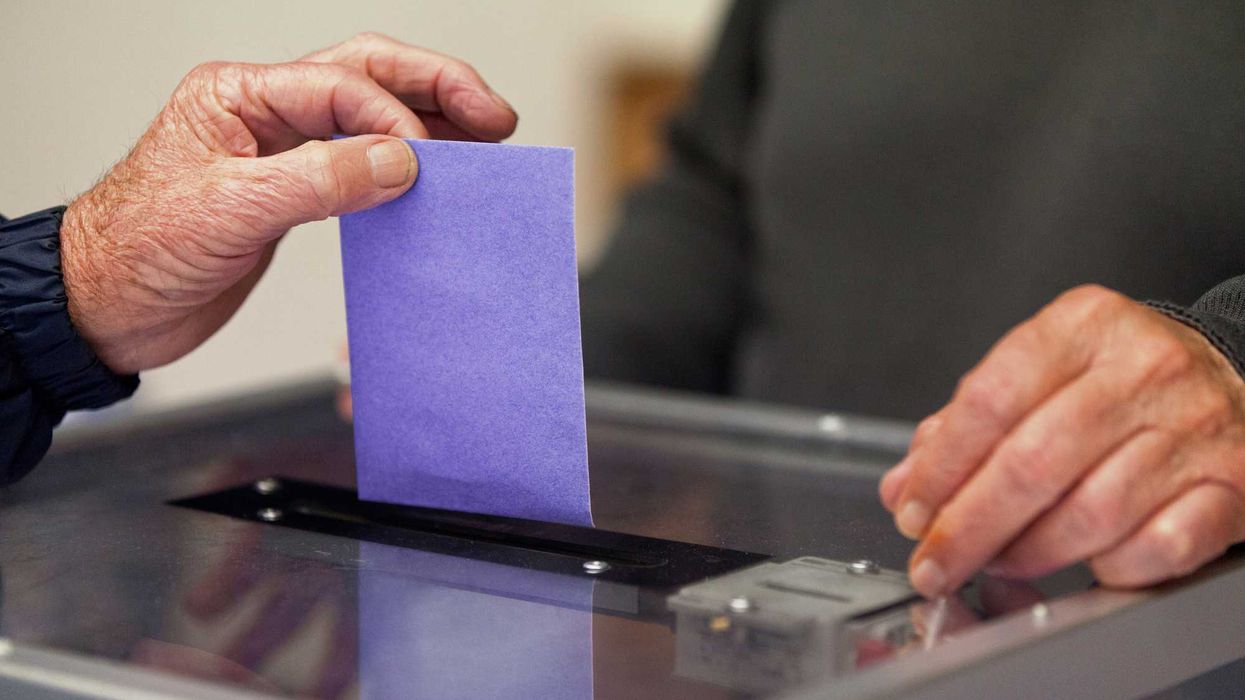It’s no secret that partisanship is more intense than at any other time in recent history. And these intense political feelings don’t just play themselves out through gridlock in Congress. The threats of political violence have increased dramatically. Politics seeps into the workplace, resulting in coarse relations with colleagues (and, according to research, reduced productivity). And polls show that we’re just not “hanging out” with friends like we used to.
This makes it even more important to celebrate the discovery of examples of collaboration and strategies for improving our collective national character. One recent event revealed such examples. The nonprofit group Business for America recently held an event in Washington D.C., “ Across the Aisle: How Leaders Find Common Ground in a Divided Era.” The event featured elected officials and staff discussing the recurring factors in finding common ground in partisan times.
The event featured congressional staff from two members of the U.S. House of Representatives, who frequently collaborate in a bipartisan fashion: Rep. Don Bacon (R-Nebraska) and Rep. Chrissy Houlahan (D-Pennsylvania). The staff noted that the legislators’ common bond as Air Force veterans transcends partisan politics. For example, the bipartisan duo was successful in 2024 in passing the Servicemember Quality of Life Improvement and National Defense Authorization Act, which includes historic improvements to junior enlisted pay, housing, healthcare, childcare, and support to military spouses. Rep. Bacon’s Chief of Staff, Mark Dreiling, noted that many of these collaborations are not seen by the public. “There is much more appetite to get things done in Congress than you see in the Twitterverse,” he said.
Participants at the event also noted that when lawmakers travel together, they forge lasting bonds. The two senators who were instrumental in crafting the landmark 2021 bipartisan infrastructure law, Sen. Rob Portman (R-Ohio) and Sen. Kyrsten Sinema, traced back their working relationship to a trip they took together to Selma, Alabama, to commemorate the 1965 attack of protesters on the Edmund Pettus Bridge. Years ago, a big increase in funding for the national AmeriCorps program was finalized on a congressional delegation trip, when a Democrat and a Republican politician sat next to each other on the plane returning from Europe. Criticism from outside groups and the media lobbed at lawmakers for these trips misses an important byproduct: social relationships in Congress lead to legislative relationships.
Probably the most surprising source for fostering comity in our society came from an unexpected source: Johnsonville, the sausage company. A few years ago, they launched a campaign to “turn down the temperature” in America and conducted national polls on public mood and opinion. Jamie Schmelzer, Johnsonville vice president of marketing, half-joked that the company’s interests in the topic were not entirely altruistic: if people aren’t getting along and hanging out together, that means fewer backyard barbecues (digging into sales of bratwurst).
The company commissioned the national Harris Poll to conduct research and found that Americans can agree on many things:
- 82 percent of respondents said, “There is too much outrage in America.”
- 78 percent said, “I hang out with people less than I used to.”
- 91 percent said, “Seeing people do positive things for one another makes me want to do positive things for someone else.”
Unfortunately, both social media and news media cultures and algorithms do not highlight when good things happen. There’s a saying about the news media: “All heat and no light.” Reporters are trained to point out when the government is broken and social media thrives on conflict. The former anchor of NBC Nightly News, Tom Brokaw, once said it this way: “We don’t cover the story the day the bank wasn’t robbed.” When the government works, it just isn’t considered newsworthy.
Fortunately, as Rep. Bacon and Rep. Houlahan demonstrate, there are oases of productive bipartisan accomplishments even amidst a sea of partisan discord. Americans seeking to “turn down the temperature” in politics would do well to seek these examples and acknowledge that, yes, things seem worse than ever—but not everywhere.
Bradford Fitch is an Advisor of Business for America, a former Capitol Hill staffer, former CEO of the Congressional Management Foundation, and author of “Citizen’s Handbook for Influencing Elected Officials.”




















